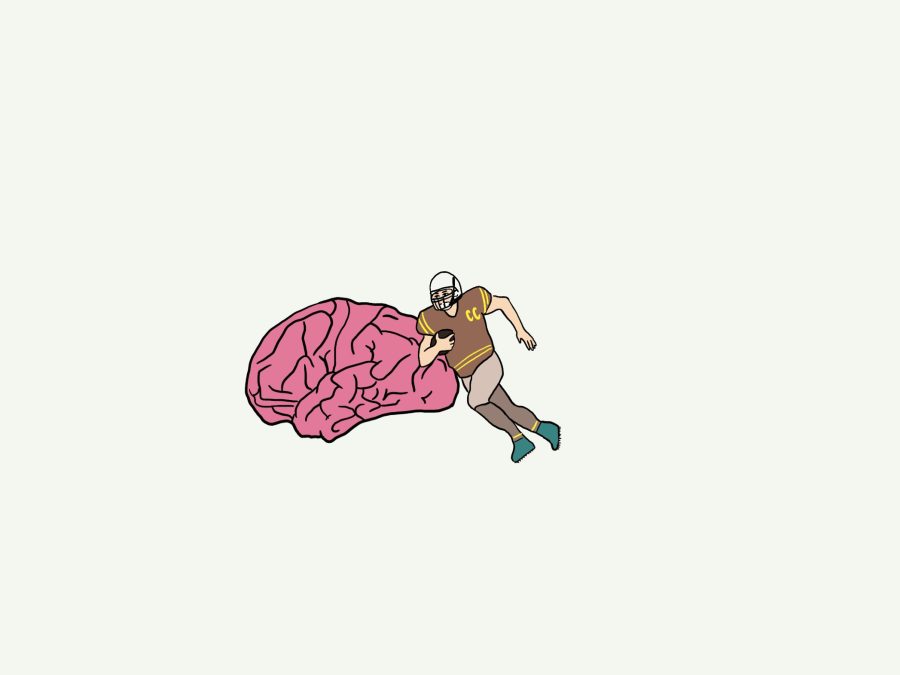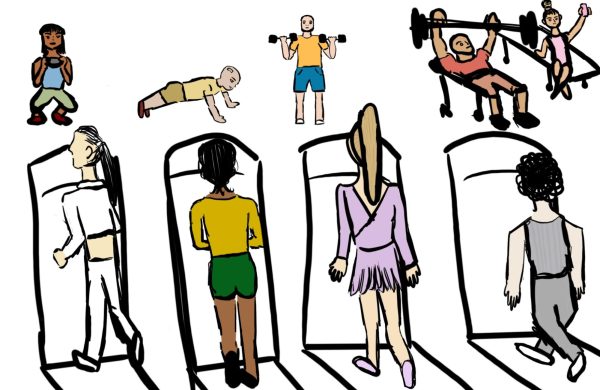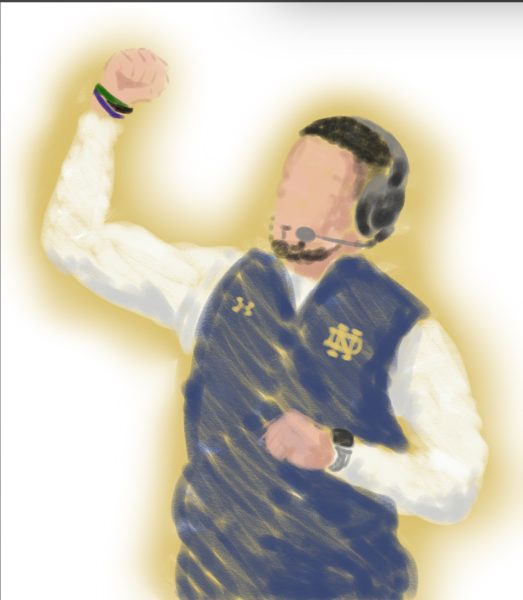Athletic mentality advances achievement
In a high school consisting of roughly eight hundred students, eighty percent of which commit to one or more sports, talented athletes wonder how to improve their performances. Although one component–physical capability–may appear as the obvious answer, another less evident element may hold the key to success: mental game.
An athlete’s mental game refers to the different attitudes and mindsets held by athletes which often determine the outcome of their performances. Athletes displaying mental toughness, a growth mindset, and perseverance tend to find success, while athletes who give up, doubt themselves, and form poor relationships with their teammates tend to struggle. While mental durability may appear innate, day-to-day emotions, rituals, and habits have the ability to enhance (or diminish) mental game and, in turn, sports performance.
“It’s important to inform yourself today,” said psychology and history teacher Eric Levin. “There’s many ways to do that with how prevalent it is on social media. Athletes have access to different ideas and practices, it’s just about finding the right ones for you.” When questioned on the application of certain techniques to his own baseball team, Mr. Levin describes a highly individualistic “trial-and-error” process.
“Losing is winning,” said junior track athlete Nicole Grudzien. She describes a growth mindset that entails finding the benefits out of losses and searches for opportunities to develop as an athlete. Her rituals include avoiding eating before meets, listening to music to “amp herself up,” and avoiding falling into a self-doubting mindset. Without these rituals she feels unprepared for her races and struggles.
“If you have a positive outlook, you’re most likely to succeed,” said sophomore wrestler Matthew Carrasco. “If you have a negative outlook, you’re most likely to fail.” Similarly to Nicole, Matthew describes listening to music and contemplating his future moves in order to prepare himself for his upcoming match. He finds an attitude of self-doubt, pity, and uncertainty muddles his performance.
Self-confidence, growth mindsets, and a willingness to keep persevering through adversity greatly aid athletes during their in-game performances. Ways to improve a positive mental attitude include meditating, listening to music, and more: the process is highly individualistic and athletes must find what is optimal for them.
Your donation will support the student journalists of Saint Viator High School. Your contribution will allow us to purchase equipment and cover our annual website hosting costs.





